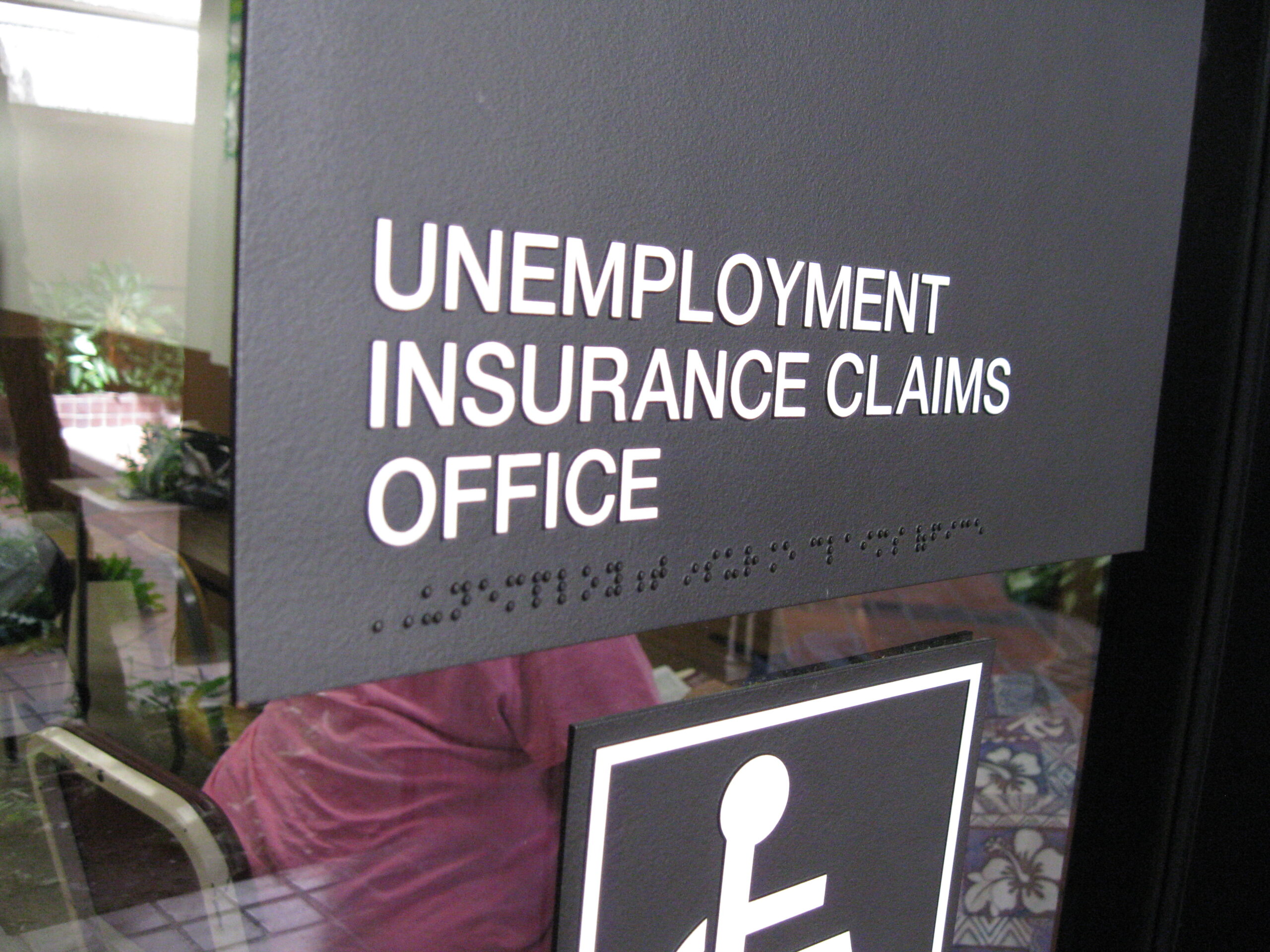Lawmakers heard testimony on a bill earlier this week that would make a number of changes to the state’s unemployment benefits system, including more clearly defining when someone receiving unemployment benefits can reject a job.
Gov. Scott Walker supports the legislation, which employers say will prevent fraud and strengthen the state’s unemployment fund. Critics, however, are concerned people will not get benefits they deserve.
Scott Manley from Wisconsin Manufacturers and Commerce said the bill expands what jobs should be considered by applicants who are getting jobless benefits. He said it also spells out when there is just cause for refusing work.
News with a little more humanity
WPR’s “Wisconsin Today” newsletter keeps you connected to the state you love without feeling overwhelmed. No paywall. No agenda. No corporate filter.
“An unemployed worker who is collecting benefits can actually refuse a job and continue to collect benefits if the job offer does not constitute suitable work,” Manley said.
The bill, however, gives out-of-work people less time to wait for a job comparable to the one they had.
“The changes made by this bill will force workers to take lower paying jobs much sooner,” said Kevin McGee with Legal Action Wisconsin.
The bill also defines when someone getting benefits is considered to be concealing income.
Penalties for concealment could increase substantially. A labor representative on the Unemployment Insurance Advisory Council, Mark Reihl, said that’s why they are concerned how the Department of Workforce Development would determine who is accused of concealing income.
“You don’t want to catch up people who are making innocent mistakes. You want to get people who know exactly what they are doing,” Reihl said.
A state audit found that the majority of overpayments were unintended error by those filing for benefits. Overpayments attributed to fraud were more than $20 million in 2014.
Wisconsin Public Radio, © Copyright 2025, Board of Regents of the University of Wisconsin System and Wisconsin Educational Communications Board.







